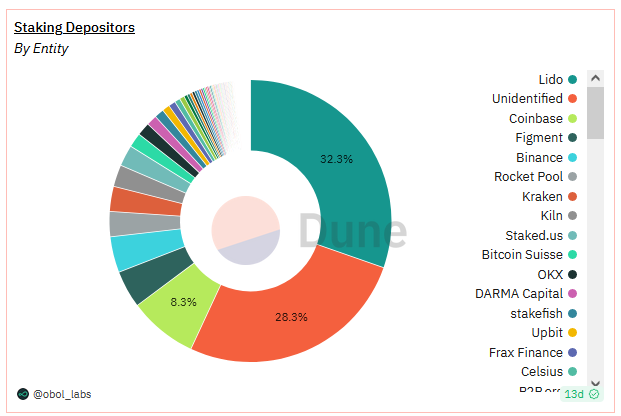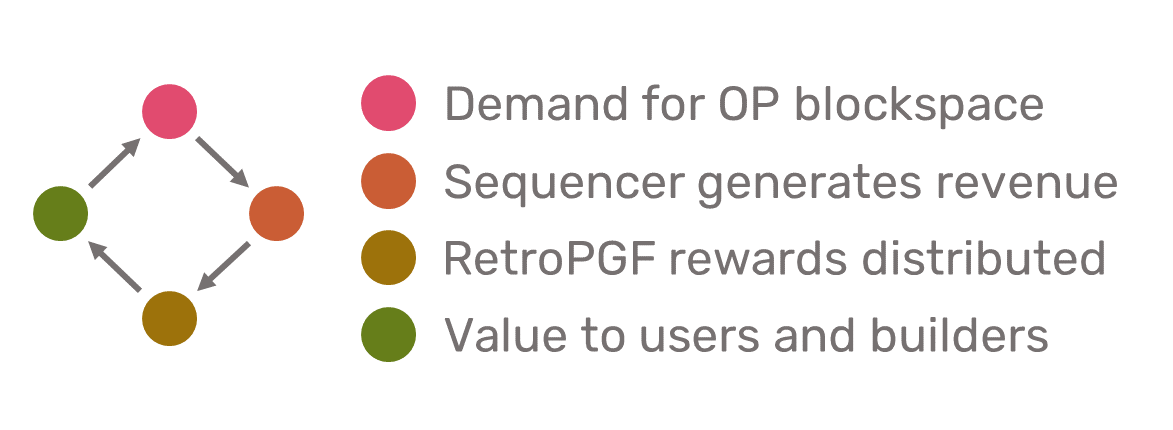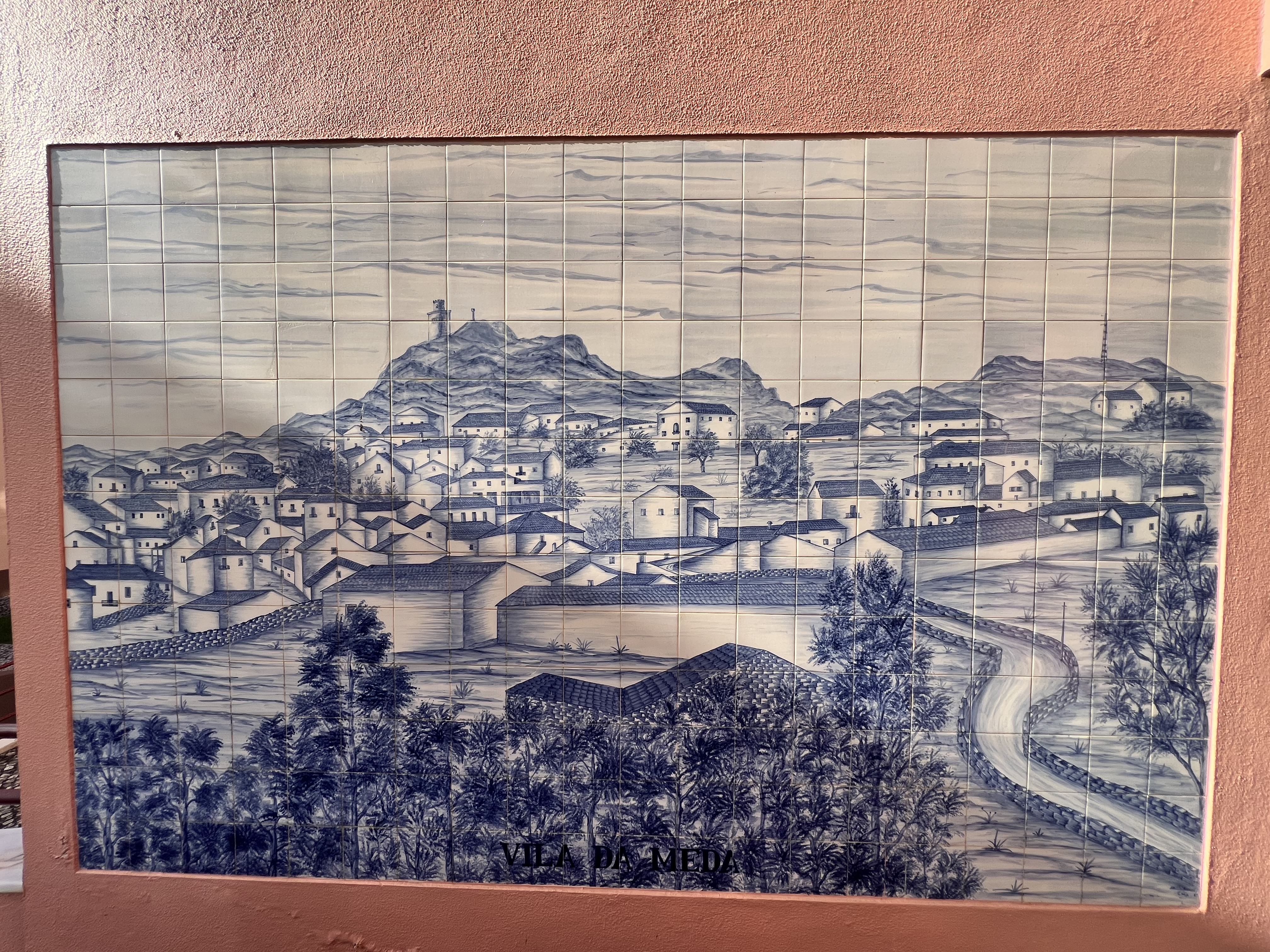In my last blog post, I focused on public goods. Within the blockchain ecosystem, many projects provide value as public goods but face challenges regarding sustainability. To address this, we need a system of 'taxation' to support the entities maintaining these public goods. You can view the previous blog post here.
https://mirror.xyz/hashigo%F0%9F%94%B4.eth/06XgQHDyg3sbAglxn9IwOj0WTjMVPmszJ86hgEeYVRs
In this post, I will delve deeper into RetroPGF.
What is RetroPGF?
RetroPGF is a program that embodies the concepts of the Optimism Collective, a novel digital democracy governance model. Its design fosters sound public goods and a valuable ecosystem.
The Flow of Value
In RetroPGF, evaluations are retroactively conducted for public goods projects that have had an impact on the Optimism ecosystem, providing them with funding. The principle behind this concept is simple: it's based on the idea that it's easier to agree on which projects have made an impact than to predict which ones will do so in the future. Foreseeing the future and reaching a consensus through governance regarding the valuation of each project are expected to be challenging; thus, the rationale is clear. Providing funds to projects that have demonstrated impact is similar to investors in startups being rewarded retrospectively. Please refer to the official blog for more details.
https://medium.com/ethereum-optimism/retroactive-public-goods-funding-33c9b7d00f0c
When users conduct transactions on the OP Mainnet, a profit is generated for the sequencer. Simply put, the formula is:
(ETH received in L2) - (ETH paid to L1)
For additional information, this post might be useful.
https://twitter.com/Delphi_Digital/status/1680990872312184832
The profit is then allocated to public goods funding through RetroPGF. This strengthens public goods, leading to further expansion of the ecosystem and increasing the sequencer's profit. This flow is depicted clearly in the diagram below.
So, who evaluates the impact of these projects? For now, the task is undertaken by the Citizens' House, and badge holders will vote. Through iterative voting by a limited number of people, efforts are being made to establish a system where everyone involved in Optimism can vote in the future.
Comparison with the Ethereum Ecosystem
Up to this point, I've explained RetroPGF. But is it genuinely superior? And why was such a program established? The answers become clearer when we compare it to other ecosystems, using Ethereum as an example.
In Ethereum, those operating nodes can earn rewards. The rewards they receive can be primarily categorized into three types:
-
For producing a block
-
For acting as a validator based on Gasper
-
For executing transactions (Execution Layer)
Essentially, those running a node can receive rewards. Moreover, with the introduction of EIP-1559, if the BaseFee surges, the supply of ETH diminishes. As a result, one could argue that ETH holders indirectly receive rewards. For this discussion, we will disregard the presence of ETH holders.
Within this system, there's an element that cannot be overlooked: the Liquid Staking Protocol. To become a validator in Ethereum, one must stake 32 ETH. However, since there's no native mechanism to use staked ETH within the Ethereum ecosystem, applications have emerged to address this gap. One such application is the Liquid Staking Protocol. Its existence is rooted in the demand for maximizing capital efficiency in ETH management. Additionally, services offering staking solutions exist because running a node can be challenging for the average person.
These services are enticing, as depicted by the following pie chart, which shows they hold a significant portion of staked ETH.

Consequently, individuals can receive staking rewards without operating a node. A portion of these rewards is taken by staking providers as a fee. This implies that in an ecosystem like Ethereum, where various projects support its infrastructure, rewards are directed towards very limited areas. On the other hand, ProtocolGuild offers tools to direct staking rewards from node operators to Ethereum's core contributors, but this is based on donations and relies on goodwill.
A system that redistributes protocol earnings through governance, is inevitable. As introduced in the previous blog, there are numerous public goods projects that support the ecosystem, including societal initiatives. However, evaluating these initiatives is challenging for machines, which necessitates the formation of a consensus by humans. In other words, it's arguably because of the role of human oracles that such a wide range of public goods projects can be supported. This program, which taxes users of Optimism and subjectively allocates funds to public goods projects, represents an intriguing effort to build a new digital democracy.
In Conclusion
Through the concepts of RetroPGF and the Optimism Collective, we have been able to reflect on the formation of new governance, the management of public goods, and their sustainability. By comparing it with Ethereum, we have also pondered how this experiment by Optimism benefits its own ecosystem. These developments in today's digital ecosystems provide profound insights into how we should handle our shared resources and how to maximize their potential.
RetroPGF3 Applications are Open
We are currently in the application period for RPGF3. The deadline is October 23rd, so individuals or organizations that have made an impact on Optimism are encouraged to apply.
https://optimism.mirror.xyz/wiHMKqsbAQnK51Se3MraSnvf0blwRzS9jguojEmKKVc
Points to note when filling out the application form are compiled in this Twitter thread.
https://twitter.com/hash1go_/status/1706263627437887615
References
-
Retroactive Public Goods Funding, https://medium.com/ethereum-optimism/retroactive-public-goods-funding-33c9b7d00f0c .
-
Delphi Digital, How Do Sequencers Generate Profit?, https://twitter.com/Delphi_Digital/status/1680990872312184832 .
-
About RetroPGF, https://app.optimism.io/retropgf .
-
beaconcha.in, Ethereum Staking Knowledge Base, https://kb.beaconcha.in/ .
-
obol_labs, Staking Depositors (Dune dashboard), https://dune.com/queries/1938115/3197390 .
-
RetroPGF Round 3 Applications Are Open, https://optimism.mirror.xyz/wiHMKqsbAQnK51Se3MraSnvf0blwRzS9jguojEmKKVc .
For official resources on Optimism, author attribution has been omitted.





评论 (0)